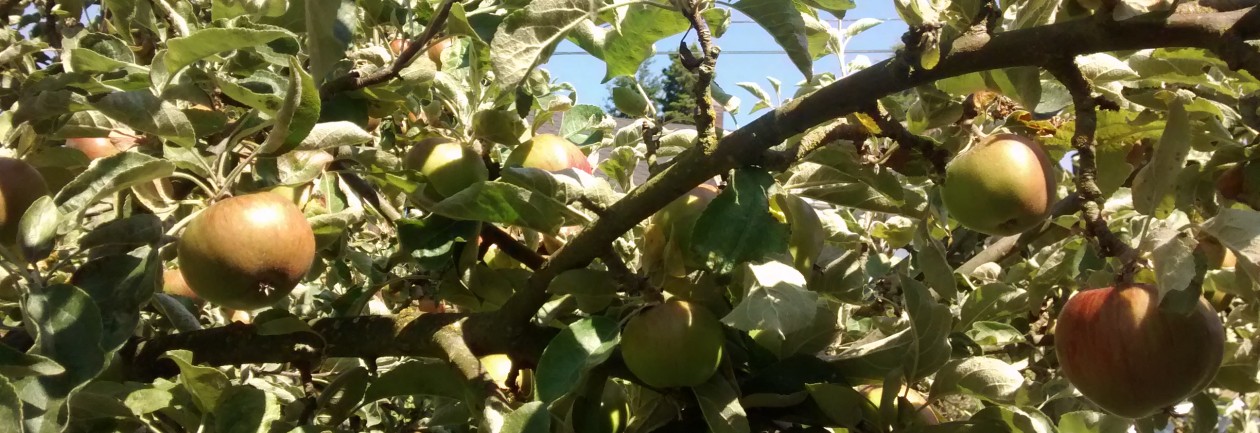First of all, what is a timebank and what does it have to do with shmita?
The shmita year is a year of enforced interdependence among members of the community. During the shmita year, we learn to depend more upon one another and less upon the money-based economy. Dependence on the money economy is actually completely suspended when it comes to the procurement of life’s most basic necessity: food.
During the shmita year, food that is not directly gathered from the field or wilderness by an individual for his or her own immediate consumption is stored in a food bank-like public storage area, to be drawn upon by each when it is needed. Waste of food, or even its diversion to non-food uses, is prohibited.
During this period of extreme interdependence, the wealthy are not protected by their wealth, but stand as vulnerable and dependent as any other member of society when it comes to food. The role of “giver” and “receiver” are erased. The only “giver” is God, as it were. Everyone alike stands aware of his or her dependence upon God’s providence alone, each equal in her dependence on that which is outside of her control. From that awareness arise empathy and trust, in God as the ultimate provider, and in one another.
The timebank builds on the same concept, by creating a “marketplace” in which people can trade their skills, an hour at a time.
By connecting people who have something to give with people who have a something they need but cannot do for themselves, it too levels the economic playing field. Moreover, the underlying premise, that everyone has something to give and also a lack that can be filled only by reaching out and allowing oneself to become dependent on another, is beautiful and both practical and deeply spiritual.
I first read about the idea of the timebank in this article published by RealChange, the Seattle area’s homeless newspaper. I learned that the Seattle/Puget Sound area already has many functioning timebanks. They are found in the Central District, on the Eastside, north of Seattle, on Mercer Island, in West Seattle, and on Vashon Island. To learn more about how to join, TimeBanks of Puget Sound has a website.
I hope to learn more about timebanking over the coming year. I would love to hear from anyone who has participated in a timebank and can share news of what it’s like from the inside.
Participating in a timebank could be one action we might take during the shmita year.
